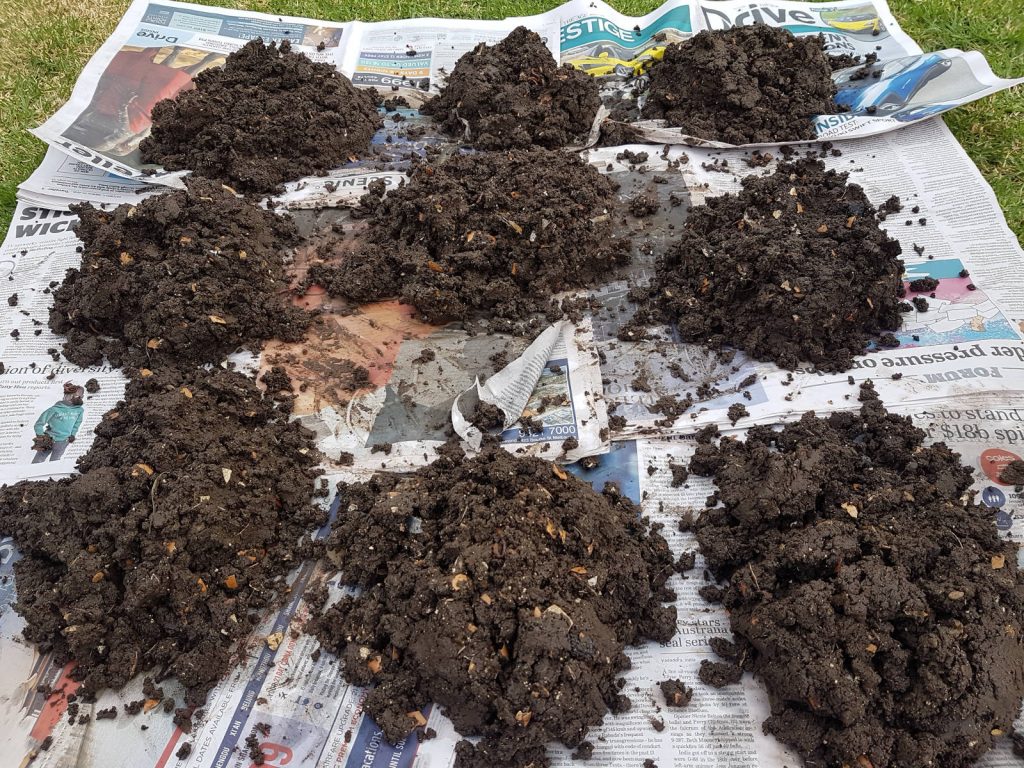
The cookie is used to store the user consent for the cookies in the category "Analytics". This cookie is set by GDPR Cookie Consent plugin. These cookies ensure basic functionalities and security features of the website, anonymously. Using organic worm castings in the garden is an excellent way to produce healthy soil and plants.Necessary cookies are absolutely essential for the website to function properly. In some cases, harvesting worm castings can involve the use of alternate bins as well. Put fresh food on this side and within a couple of weeks, the worms should migrate over. Collect the worms and add them to a fresh vermicompost bin, then use the leftover castings on your plants.Īnother method involves moving the worm castings to one side of the bin while adding new bedding to the other side. Simply lay out a sheet of plastic or newspaper and empty out the contents of the worm bin. One of the most popular is the dump and sort method. There are different methods for harvesting worm castings. Add some worms and food, such as kitchen scraps or garden waste. Then, add compost, manure, or leaf litter and another layer of moist newspaper strips and soil. When making a worm castings bin, layer the bottom with sand and strips of moist newspaper. Also, smaller bins work better in the home, fitting just beneath the sink or other similar area. If they are too deep, they may become problematic with odors. However, when making bins for this task, they should be shallow, between 8 and 12 inches (20-31 cm.) in depth, with drainage holes in the bottom. Worm bins or boxes can be purchased or constructed and come in various sizes and styles.


Making worm castings, or vermicomposting, is easy. Worm castings manure can be applied as top dressing, side dressing, or worked into the soil. Not only can this fertilizer be used on nearly any type of plant, it can also be used directly on plants without burning them.

They contain all the essential nutrients that plants need in addition to enriching the soil in which the plants are grown. You betcha! Organic worm castings are excellent for plants. Worm castings resemble football-shaped particles that improve soil aeration and drainage, as well as increase water retention in the soil. As these creatures eat through compost, their waste creates an optimal soil enricher. Also known as vermicast, worm castings manure is essentially earthworm waste, otherwise known as worm poo.

Worm castings are an organic form of fertilizer produced from earthworms. Below we will explain what worm castings are and how to make worm castings. They are also effective for repelling many pests that feed on plants, such as aphids and spider mites. Adding worm castings manure to the soil aerates and improves its overall structure while providing beneficial nutrients to plants.


 0 kommentar(er)
0 kommentar(er)
